| It all started when I posted William Carlos Williams’ poem about the red wheelbarrow, plus I posted E. E. Cummings’ poem “l(a” followed by Cummings’ poem “old age sticks. With that particular poem I discussed the idea of artists pushing boundaries, setting the stage for change, and then I posted pictures of contemporary artworks currently being shown at the Guggenheim Museum in New York City. You can view them all HERE. My wife and I were talking about artists who pushed boundaries – from writers, poets, visual artists and more – and in the conversation I mentioned John Cage from the field of music. Have you ever heard his work entitled 4’33”? The title refers to the length of the piece – it is four minutes and thirty-three seconds long. If you’ve never heard it, take a listen now – and then let me know your thoughts. |
|
With my daily posts lately I’ve been discussing what makes a poem a poem and what defines art. To listen to the piece, click the image below -- or click HERE.
0 Comments
It’s interesting how poetry can elicit different emotions and meanings in individuals. I’ve been participating in once-per-month discussions of ED’s poetry with people from around the country in Zoom sessions sponsored by the Emily Dickinson Museum in Amherst, and it’s fascinating to hear the different takes on some of the poems. Here’s an interesting experiment involving a poem – actually lyrics to a song – to see how the meaning might change depending upon perspective. I’ll get to the lyrics in a minute. First, my recent posts have centered on Dickinson’s reclusiveness and her self-isolation. In particular, I posted and commented on her poem “There is a solitude of space,” and I included links to two discussions of the poem – and interestingly, both of these blog posts focused on the poem in relation to the COVID lockdown. Yesterday, I posted something humorous related to Dickinson’s self-selected isolation, a scene from “The Simpsons” season 8 finale where Lisa mentions Dickinson: ““Okay, I'm not gonna give up. Solitude never hurt anyone. Emily Dickinson lived alone, and she wrote some of the most beautiful poetry the world has ever known.” **dramatic pause**, “Then went crazy as a loon.”
I can’t remember how & why I looked this up – I think I was looking up the etymology for some word that intrigued me, though I don’t remember what the word was – anyway, I ended up searching for the etymologies of the words “poem” and “poetry” and I was a bit surprised — and perplexed. Google’s info from Oxford Languages reported that… “Poem” came from the “Greek poēma, early variant of poiēma ‘fiction, poem’, from poiein ‘create’.” (“Everything comes from the Greek, #amirite – LOL!) “Poetry” came from “medieval Latin poetria, from Latin poeta ‘poet’.” Really? “Poem” derived from “the Greek” and “poetry” came from Latin? Well, Google also included a list of “People also ask” questions, and the first one said, “Where did the word poetry come from?” – so I clicked on that: So this bit of info stated that “poetry” also came from Greek, not Latin — but one side note: I found it a bit odd in that the definition focused on the aesthetic properties of speech sound in poetry and mentioned nothing at all about figurative language and other elements of poetry. And then – are you ready for this???? — since I got conflicting info on “poetry” (stating that the word came from both Greek and Latin), I went back to “poem” to see if info related to its etymology would be just as confusing. I clicked on Google’s question, “What is the word poem derived from?” and I got this: LOL — how did that slip in there? Anyway, if any logophiles* have any additional info on the etymologies of “poem” and “poetry,” lemme know. *LOL! When I typed in “logophiles,” autocorrect changed it to “loopholes” — so I might just start calling word lovers “loopholes.” 🤣 And did Dickinson ever use the words “poem” and/or “poetry” in any of her works? I’ll have that answer tomorrow! Its' All Greek To Me -- Part 2Yesterday I posted info related to the etymologies of the words “poem” and “poetry.” At the end of the post I posed the question, “Did Dickinson ever use the words ‘poem’ and/or ‘poetry’ in any of her works?” – and the answer is yes.
Dickinson used the word “poem” in two different poems, “Her – ‘last poems’” and “To see the Summer sky.” The word “poetry” appears in four poems: “Yesterday is history,” “To pile like Thunder to its close,” “There is no frigate like a book,” and “To see the Summer sky.” Of course, of all of these first lines, the most famous is “There is no frigate like a book,” below on the left. In the case of “To see the Summer sky,” this is the only poem where Dickinson used both the word “poetry” and “poem” in the same work. See below on the right. From Angstrom Dickinson: Quarantine life has certainly afforded more time to read! I just received these books from Charm City Books: Jericho Brown's "The Tradition," the 2020 Pulitzer Prize winner for poetry, and Martha Ackmann's "The Fevered Days, Ten Pivotal Moments in the Making of Emily Dickinson.” Above center and right: Pages of photographs in Ackmann's "These Fevered Days." Below left: A note from Martha Ackmann re: the selection of her book's photos. Below right: The contents for the "ten pivotal moments in the making of Emily Dickinson" (we can only imagine that were Ackmann to add an eleventh chapter, it would be about the volatile relationship between Emily Dickinson and her third cousin Emmett Lee Dickinson; however, that quite honestly would be more about a duration than a moment.) Below: The powerful eponymous poem of Jericho Brown's poetry collection, "The Tradition."
From Angstrom Dickinson: What is poetry? How would you define it? Emily Dickinson famously said, “If I read a book and it makes my whole body so cold no fire can ever warm me, I know that is poetry. If I feel physically as if the top of my head were taken off, I know that is poetry. These are the only ways I know it. Is there any other way?” Well, yes, there are other ways. Emily’s third cousin Emmett Lee famously quipped, “If I read a book faster than I can devour a massive platter of spiced beef and been nachos smothered in oozing soft, white, melted queso Chihuahua, I know that is poetry. If I feel physically as loose as a tattered dust cloth after I've had a deep tissue foot massage when someone has kneaded my corns and bunions like a bubbling crock of sourdough starter made from scratch, I know that is poetry.” Emmett Lee Dickinson wrote about poetry in his now-classic poem, "A Poem dropped carefully on a Page" (below on the left). His poem inspired third cousin Emily to pen her poem, "A Word dropped careless on a Page" (below on the right).
Of course this month, April, is National Poetry month, so no matter how you hope to celebrate -- by reading lines that take your head off or by reading poems that satisfy you like a large platter of cheesy nachos -- celebrate with us HERE -- we're posting ways to celebrate every day throughout the month.
From our political correspondent, Dorothy Dawe: Happy National Poetry Month! Originally, we were to be in Washington, DC, today; however, due to a health issue of one of our travellers, we have postponed our trip until June 2019, the International Month of the Haiku. Info about the re-scheduling of our trip to DC is HERE.
* Providing poetic resources, training, and education to all people of the United States. * Meeting 100 percent of the demand for poetry in the United States through book stores, online book sales, poetry conferences, and poetry slams. * Providing a complete infrastructure of elements of poetry in the United States, including rhythm, rhyme, imagery, and figurative devices. * Providing a complete foundation of forms of poetry to all people of the United States, including odes, sonnets, ballads, epic poems, haiku, limericks, and free verse poems. * Spurring massive creation and production of poetry in the United States including diverse types of poetry, parody, rhapsody and verse. * Working collaboratively with poets, bards, versifiers, lyricists, and rhymsters in the United States to grow and sustain a love for poetry across the country. Why the need for a Poetic New Deal? The Great Dismal Trump Swamp is now swampier than the swampiest swamp. The criminals are in charge, and the filthy rich are getting filthier. From Obama to Trump we have gone from class to crass, from civility to hostility, and integrity to vulgarity. It is time for Poetic Justice. Join us in supporting this Poetic New Deal. Write or read a poem today. Submitted by an anonymous source: I Am A Poet Inside the Trump Administration -- And Part of "Poets Against Trump"The Emmett Lee Dickinson Museum is taking the rare step of publishing an anonymous post in our plog (poetry blog). We have done so at the request of the author, a poet working in the Trump administration whose identity is known to us and whose reputation would be jeopardized by his or her disclosure. We believe publishing this post anonymously is the only way to deliver an important perspective to our fans. You could submit a question about the essay or our vetting process, but it will go unanswered. We’re just too busy preparing for the upcoming conference of the Dickinson Organization of Poetry Enthusiasts. I work as a poet for the Trump administration, and I wish I could say that like-minded poets and I have vowed to thwart parts of his (very shallow) arts agenda – but there are no other poets here. There are no artists or musicians. There are no singers or dancers. There are no sculptors or painters. As a matter of fact, there are no other creative types in this very shallow and swampy administration. As a result, the United States is facing a real test to its character unlike any faced by a modern society. Part of the dilemma — which Trump in no way grasps — is that there is no support for nor any appreciation of the arts in this barren administration. I would know. I am the only poet, the only creative being working (red stapler in hand) in a recess in the basement of the White House. As the president continues to act in a manner that is detrimental to the creative health of our republic, I believe my first duty is to this country. That is why I have vowed to do what I can to fight to preserve our creative institutions while reporting on Mr. Trump’s misguided impulses. I will continue to compose poems of resistance until he is out of office. The root of the problem is the president’s total lack of imagination and spirit of creativity. Anyone who works with him knows he is not moored to any discernible principles that guide creative thought. The man does not read books. He has not read a poem. He does not appreciate artistic endeavors. He does not visit museums or theaters. He does not care about operas, plays, or symphonic concerts. We may no longer have a president welcome at the Kennedy Center Honors, but we should still venerate all of the honorees -- they are the true stars if not lodestars in restoring honor to our nation. Mr. Trump may fear creative individuals, but we should celebrate them. It is very cold comfort, though, in this chaotic era to know that there are no other poets in the room. Does the country fully recognize what is happening? Perhaps this November voters will do what’s right since Donald Trump can't. From our 19th century historian, Eudora Dickinson: Emmett Lee Dickinson (Emily Dickinson’s third cousin, twice removed – at her request) established March 21 as World Poetry Day in 1853 in honor of his mother’s birthday. Emmett Lee Dickinson was the thirteenth child and youngest son of Emalee Incross Dickinson, and she instilled a love of poetry in him. She would always say, “A poem a day keeps the therapist at bay,” although her adage did not hold true for Emmett Lee. Although he did read at least one poem per day, Dickinson was the subject of many psychoanalytical studies late in his life at Harvard Junior College in Washerst, PA, and Amherst College in Amherst, MA. When he established World Poetry Day in 1853, he wrote his now classic poem “I read the Books” (below on the left). In addition to inspiring countless millions to read poetry, his poem also motivated third cousin Emily to pen her poem “I robbed the Woods” (below on the right).
From Jim Asher, the world's leading authority on Emmett Lee Dickinson (Emily Dickinson's third cousin, twice removed -- at her request): On December 11, 2017, I attended a poetry reading at the Folger Shakespeare Library dedicated to Emily Dickinson. Literary critic and poet Sandra Gilbert read and discussed some of her own poetry and selected poems of Dickinson’s focused on death and grief. The next day, I visited the Library of Congress and the East Building of the National Gallery of Art. Have you ever visited the Library of Congress? It has to be the most beautiful building in Washington. Below are pictures (I will post photos from the East Building soon in a future post):
If/when you are ready to discover which ones were included in this particular book – scroll down! I would say that I agreed with about a dozen of the editors’ choices. Below: The Library of Congress also had a display of Thomas Jefferson's library. If you were to select 17 – and only 17 – of Dickinson’s poems to publish in an anthology, which ones would you include? Below is the list of 17 poems by Emily Dickinson included in Great Poems by American Women: From our political correspondent Dorothy "Lottie" Dawe:
Donald Trump claimed today that he disbanded two White House business councils that were disintegrating around him in the wake of his controversial remarks supporting the alt-right, the KKK, and neo-Nazi groups. Earlier, in an acerbic tweet, Trump had stated that resignations from both panels were of no consequence: “For every CEO that drops out of the Manufacturing Council, I have many to take their place. Grandstanders should not have gone on. JOBS!” Twenty-four hours later, though, he tweeted, “Rather than putting pressure on the businesspeople of the Manufacturing Council & Strategy & Policy Forum, I am ending both. Thank you all!” Interestingly enough, reports are now surfacing that the CEOs of the Manufacturing Council had reported their decision to terminate the group to the White House, and to get ahead of the business leaders who were abandoning him, Trump tweeted his misleading statement. Similarly, Trump is claiming now that he has dismissed the President’s Council of Poetry. However, all members of the council -- including myself --had agreed to resign well before he even tweeted his statement (below). As a matter of fact, we all resigned on January 19, 2017 – but sources inside the White House report that Trump just found that out today. |
Archives
July 2024
PLOGA poetry log for the Emmett Lee Dickinson Museum (above the coin-op Laundromat on Dickinson Boulevard in historic Washerst, Pennsylvania). Categories
All
|


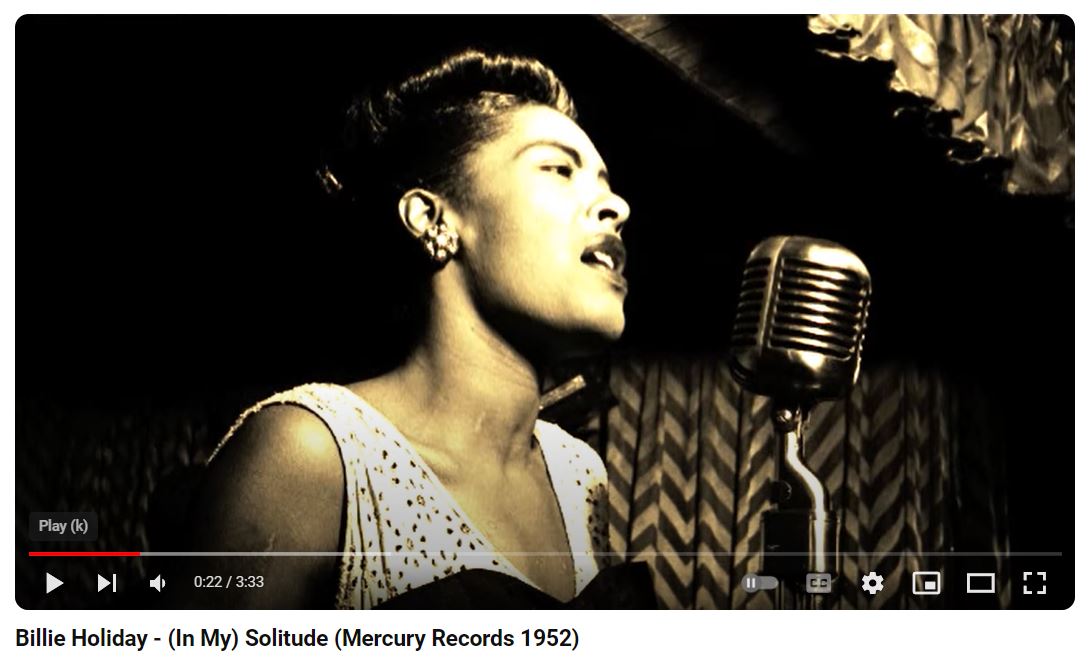
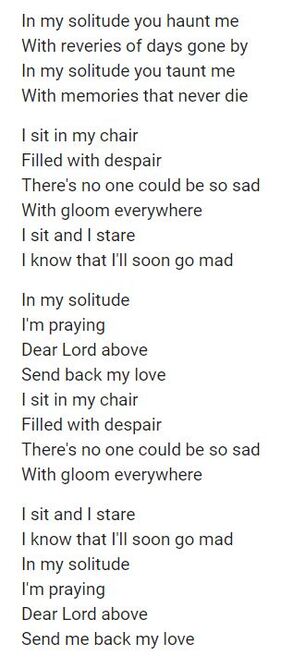
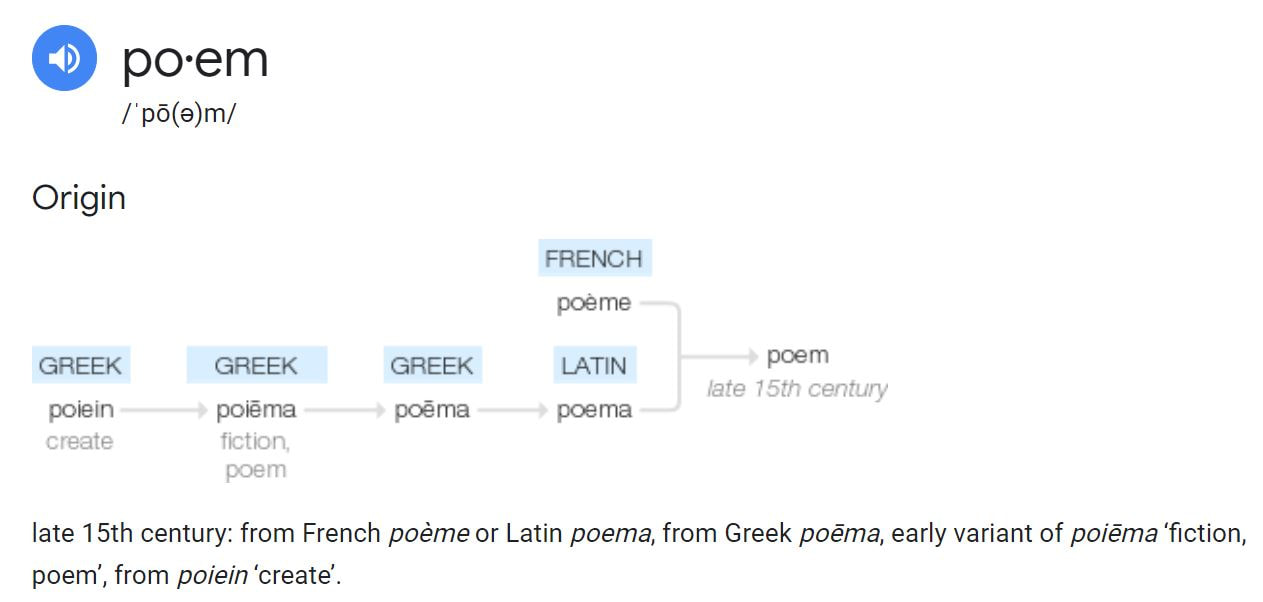
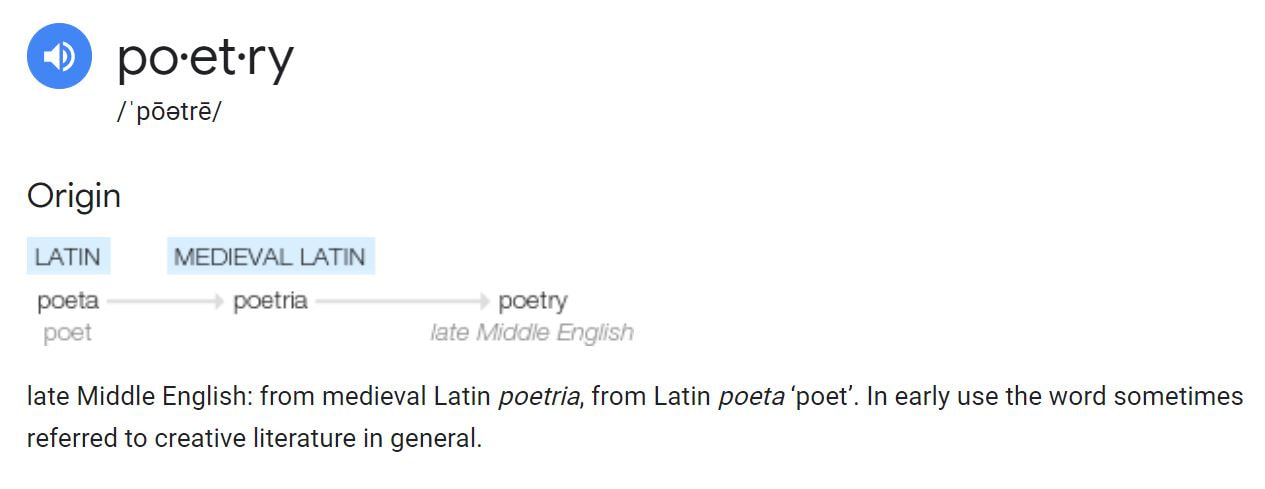
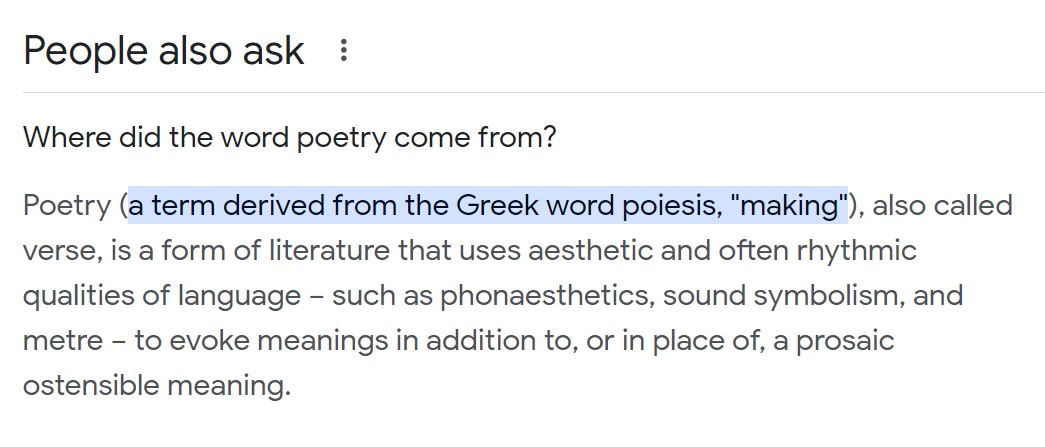

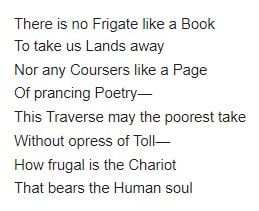

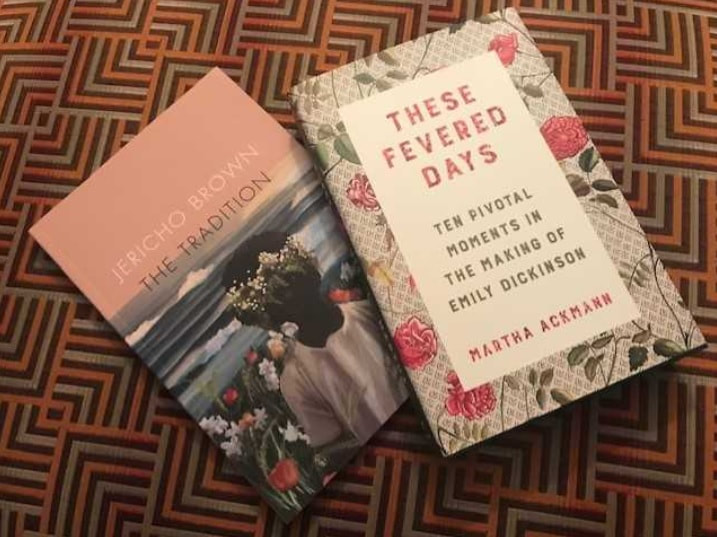
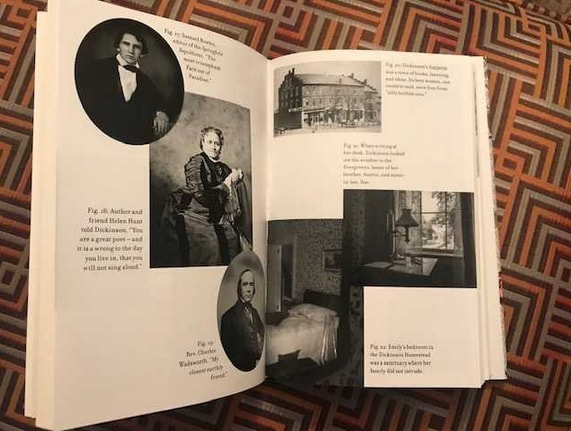
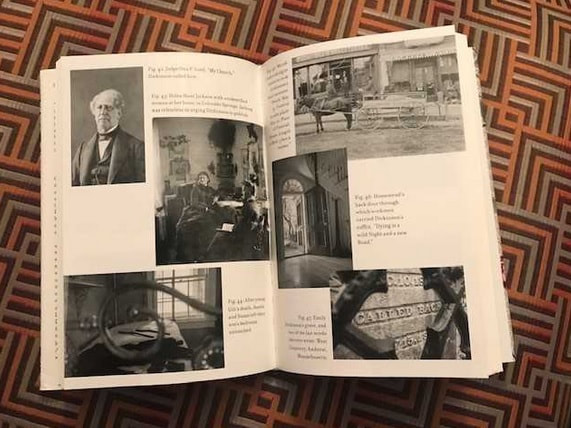
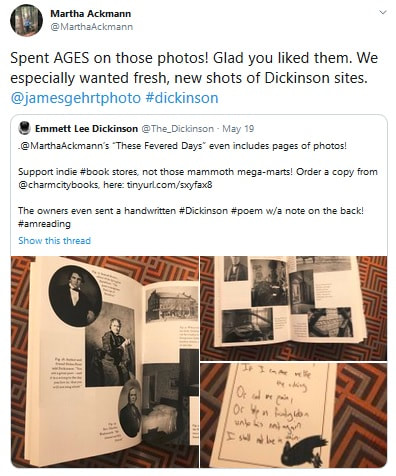
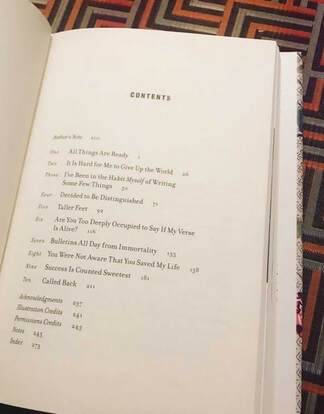
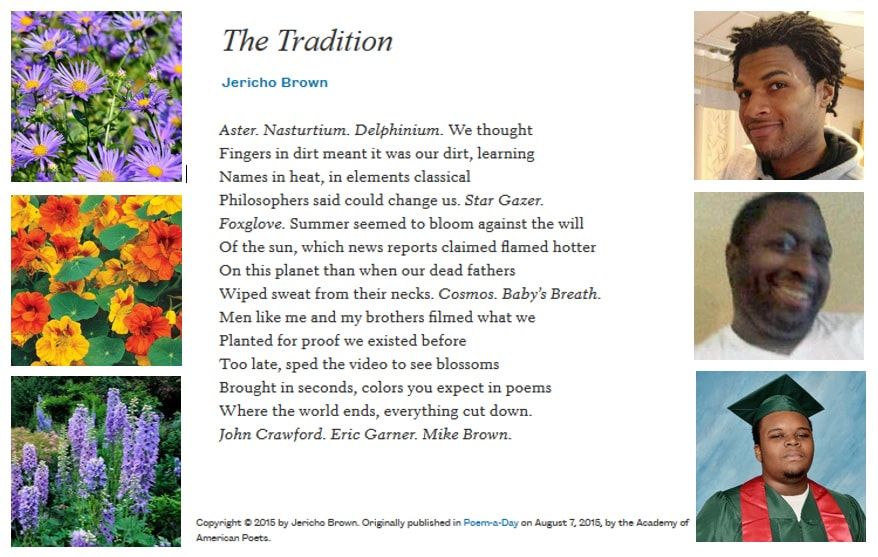
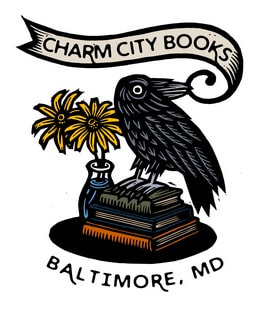
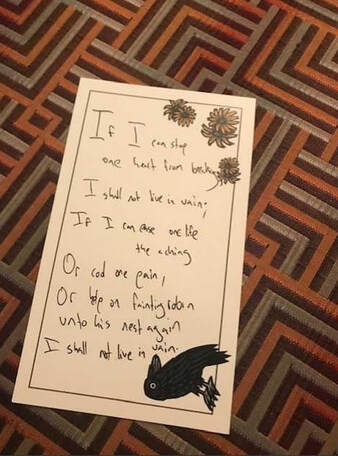

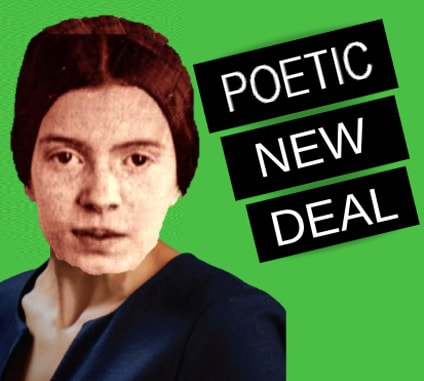
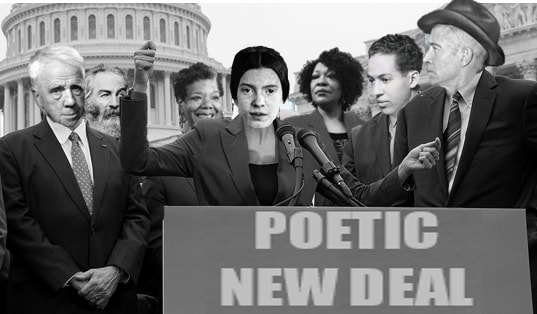
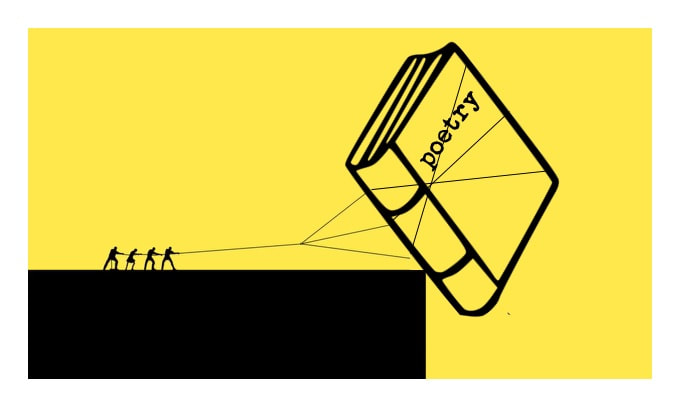
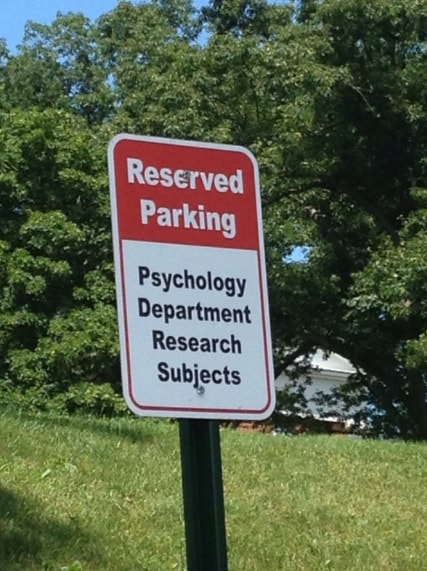
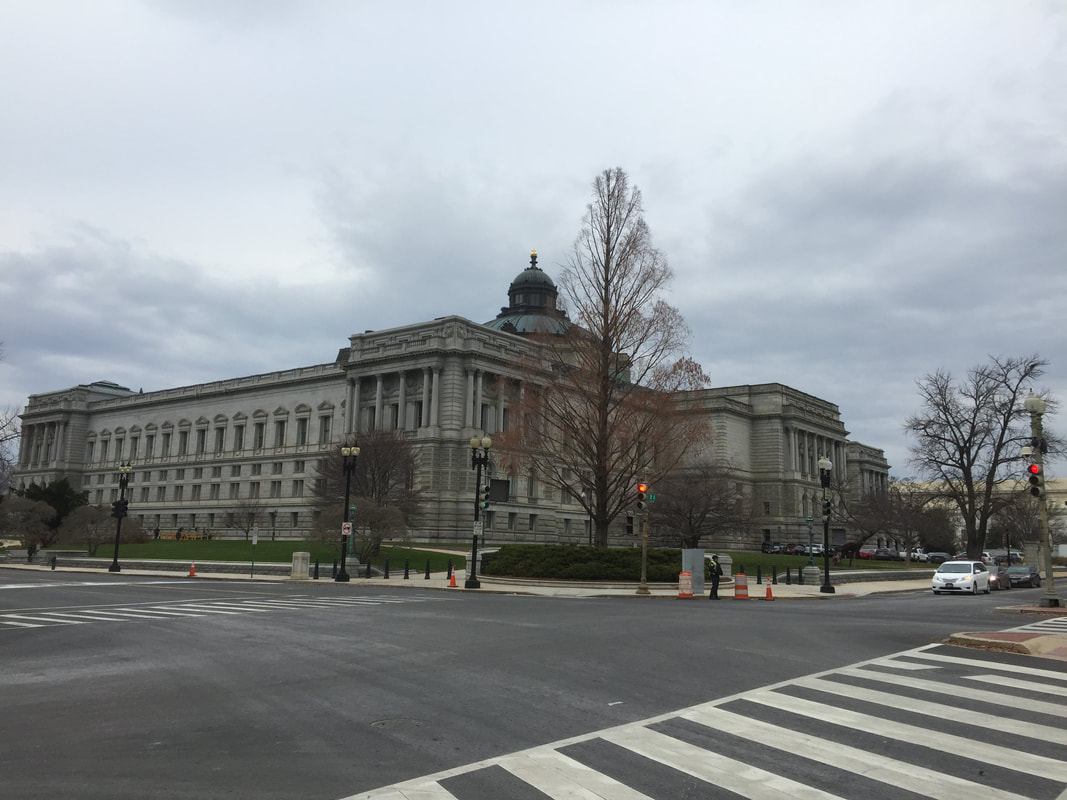
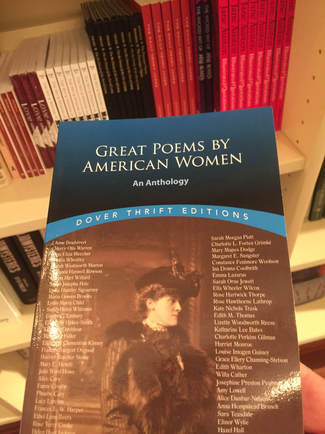
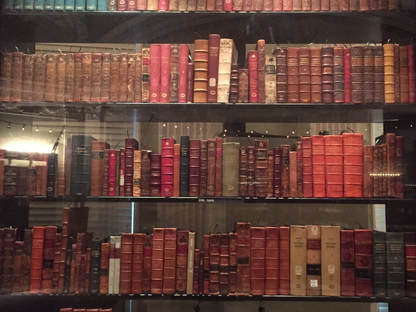
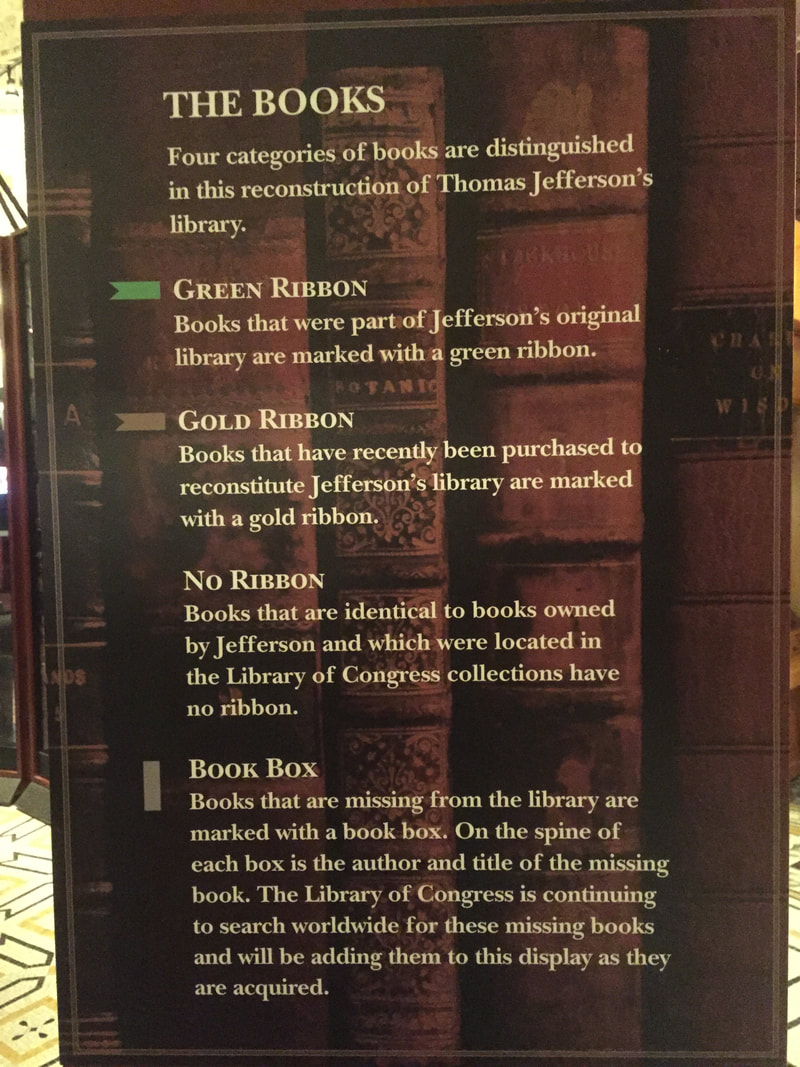
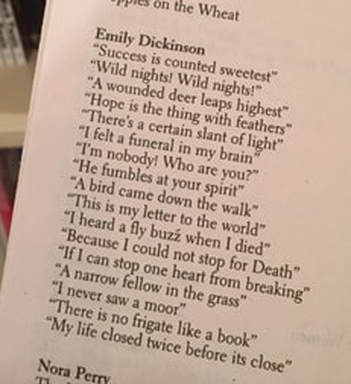

 RSS Feed
RSS Feed
